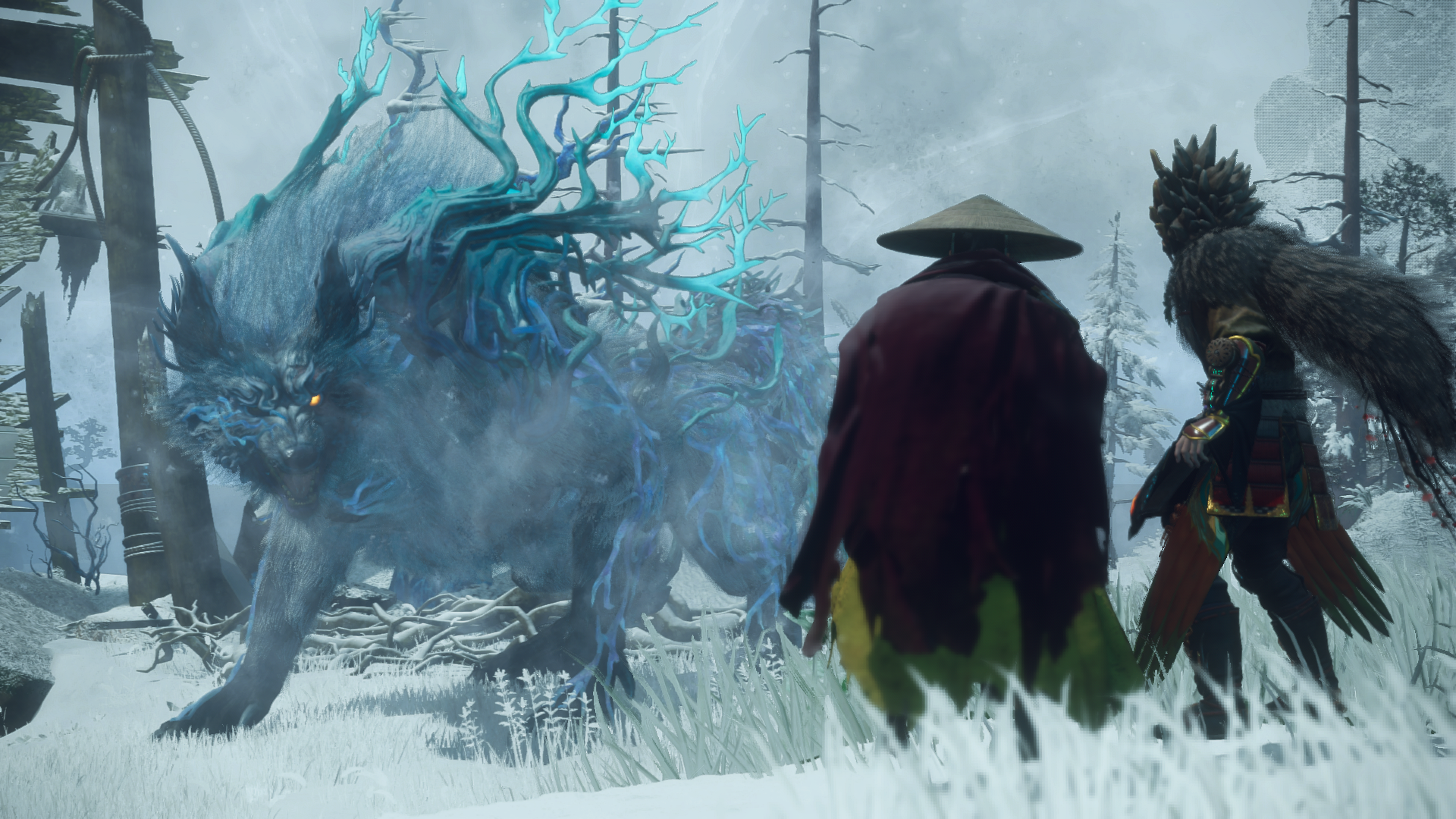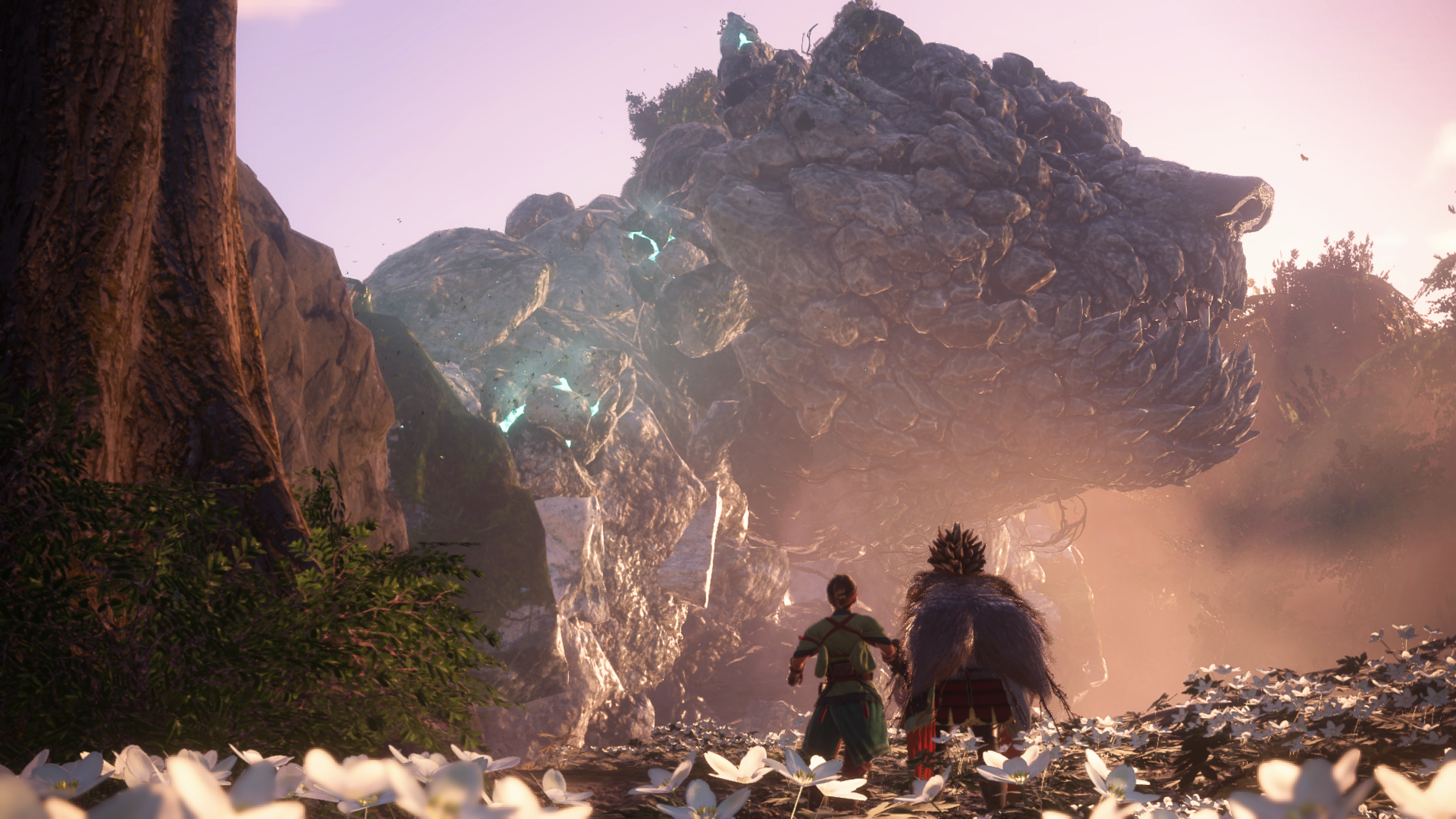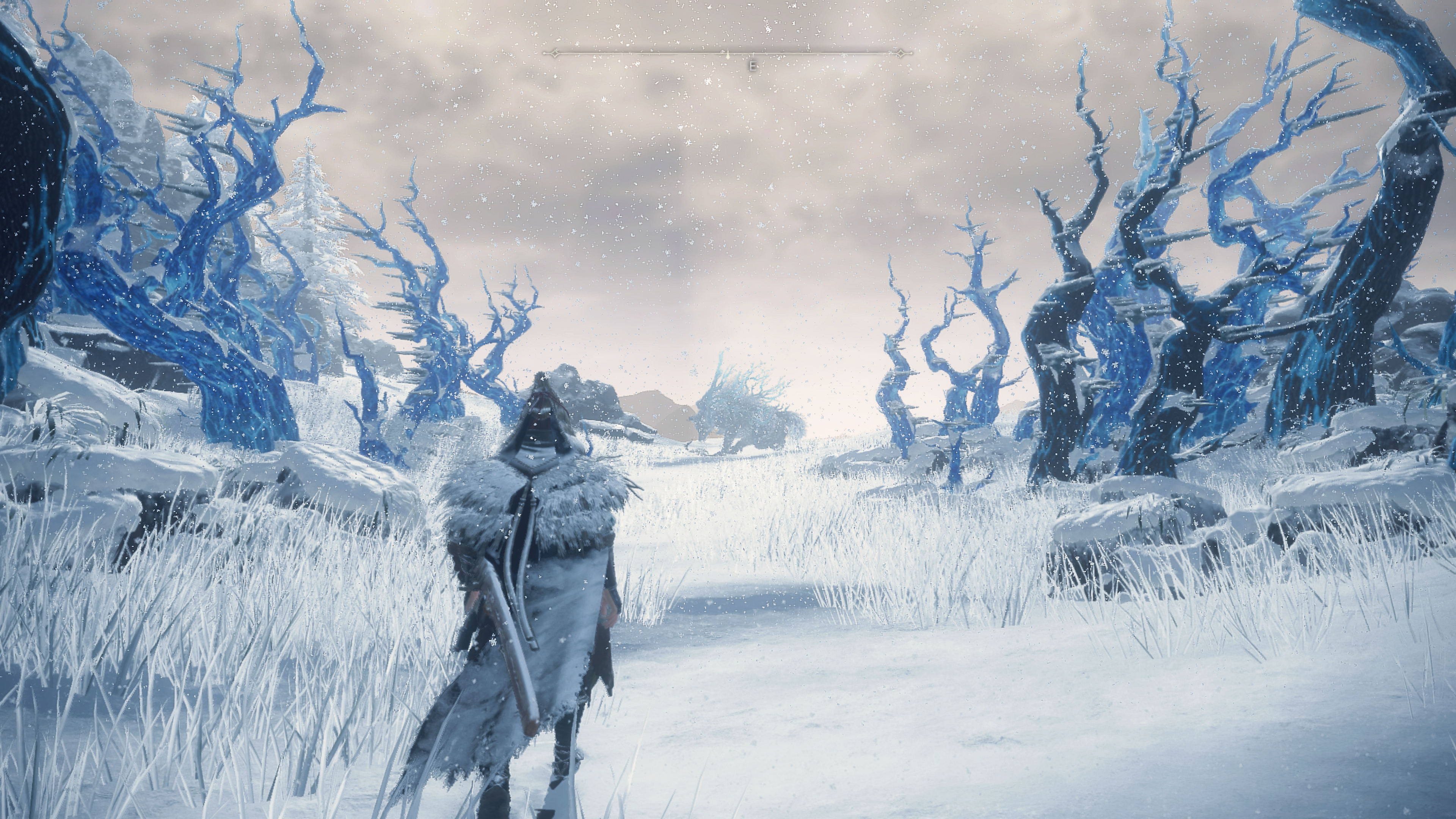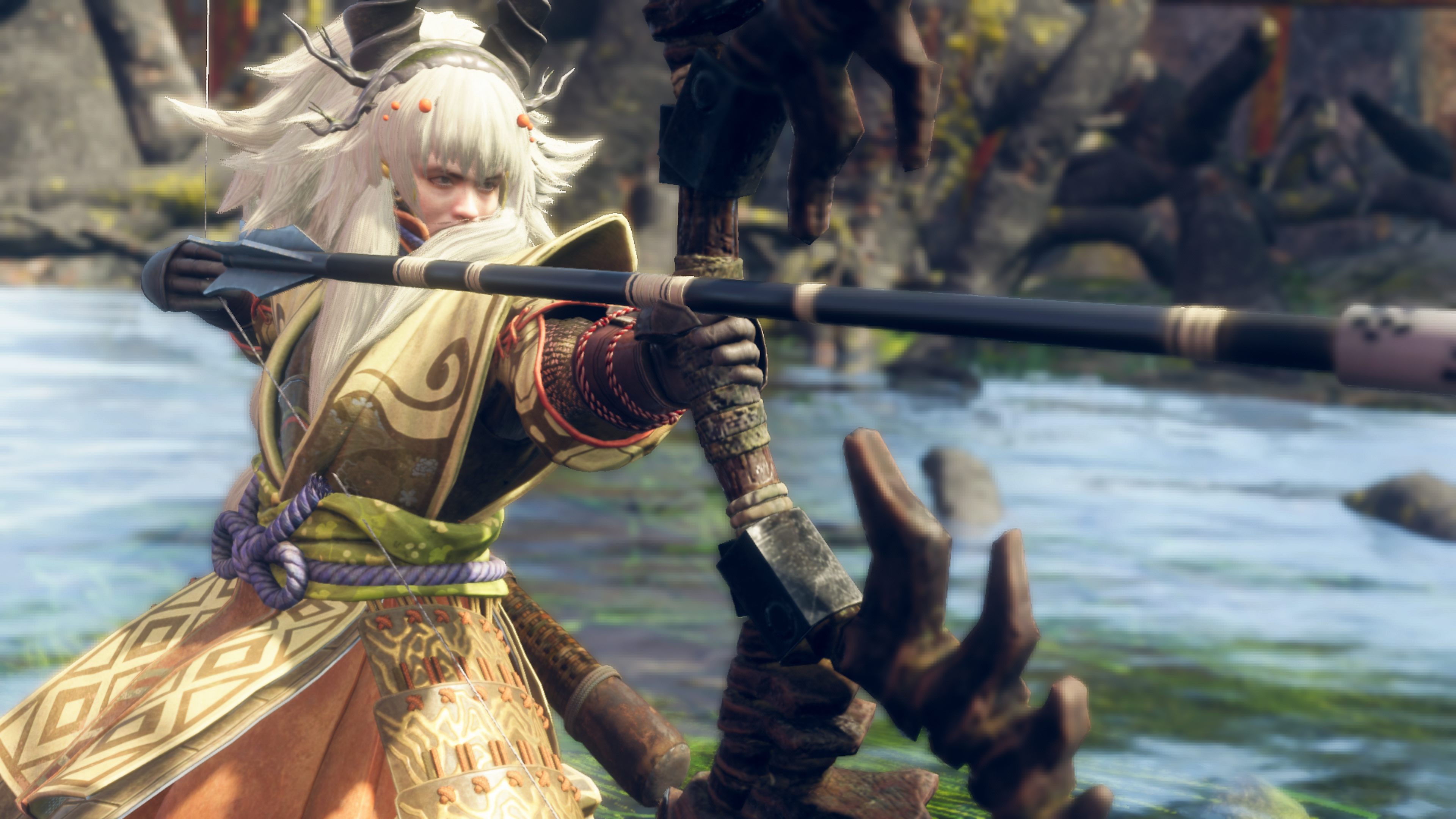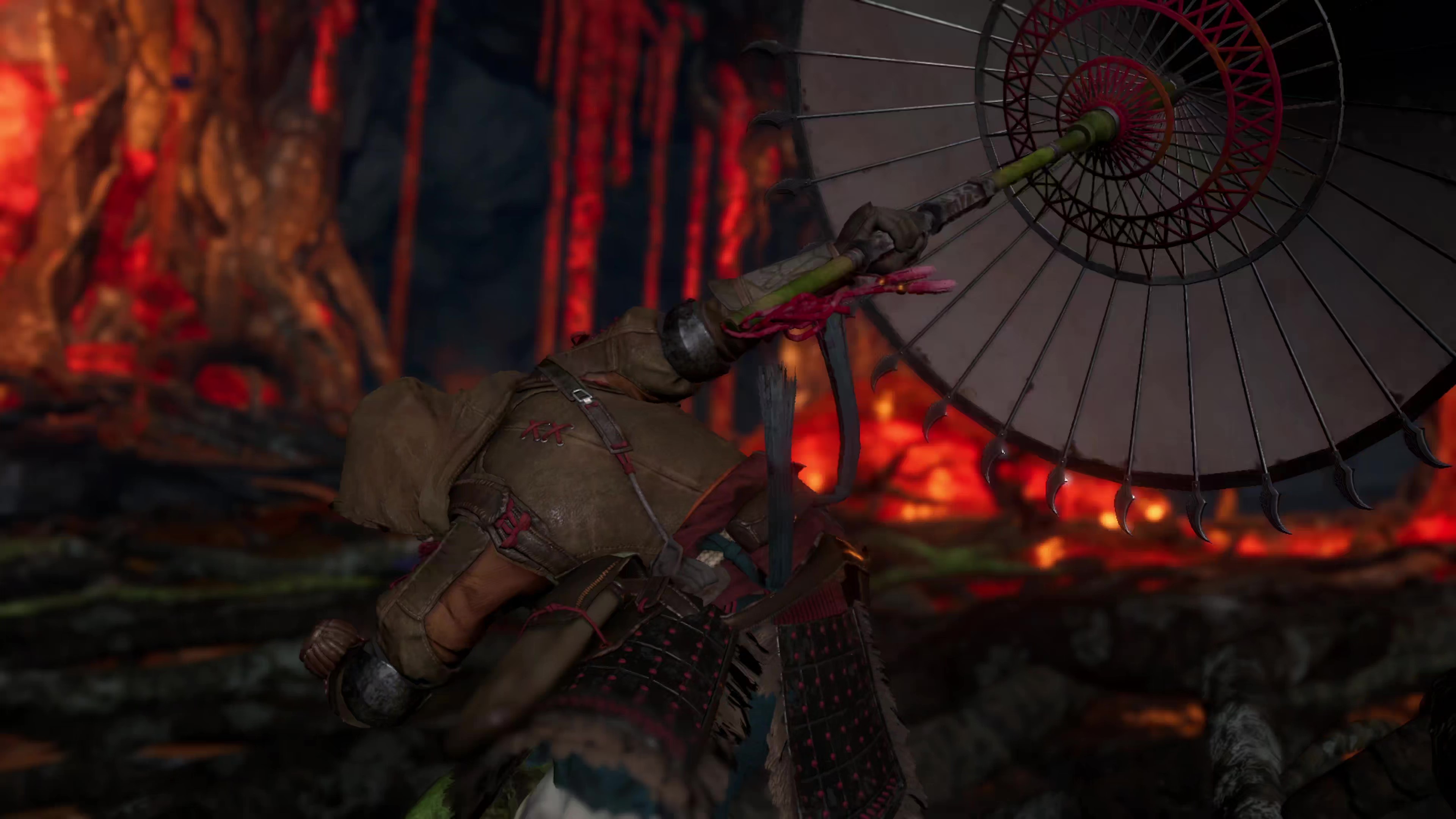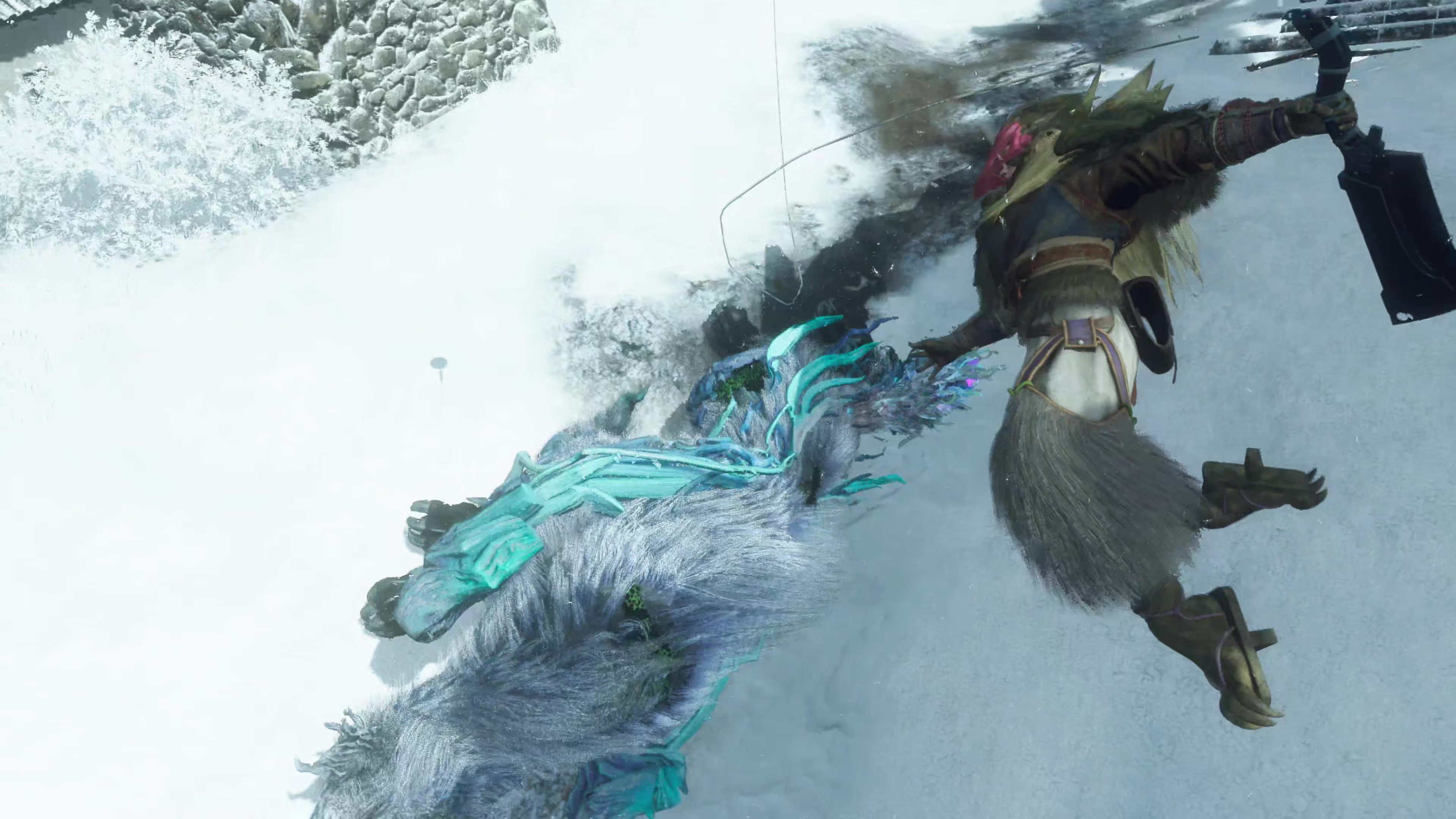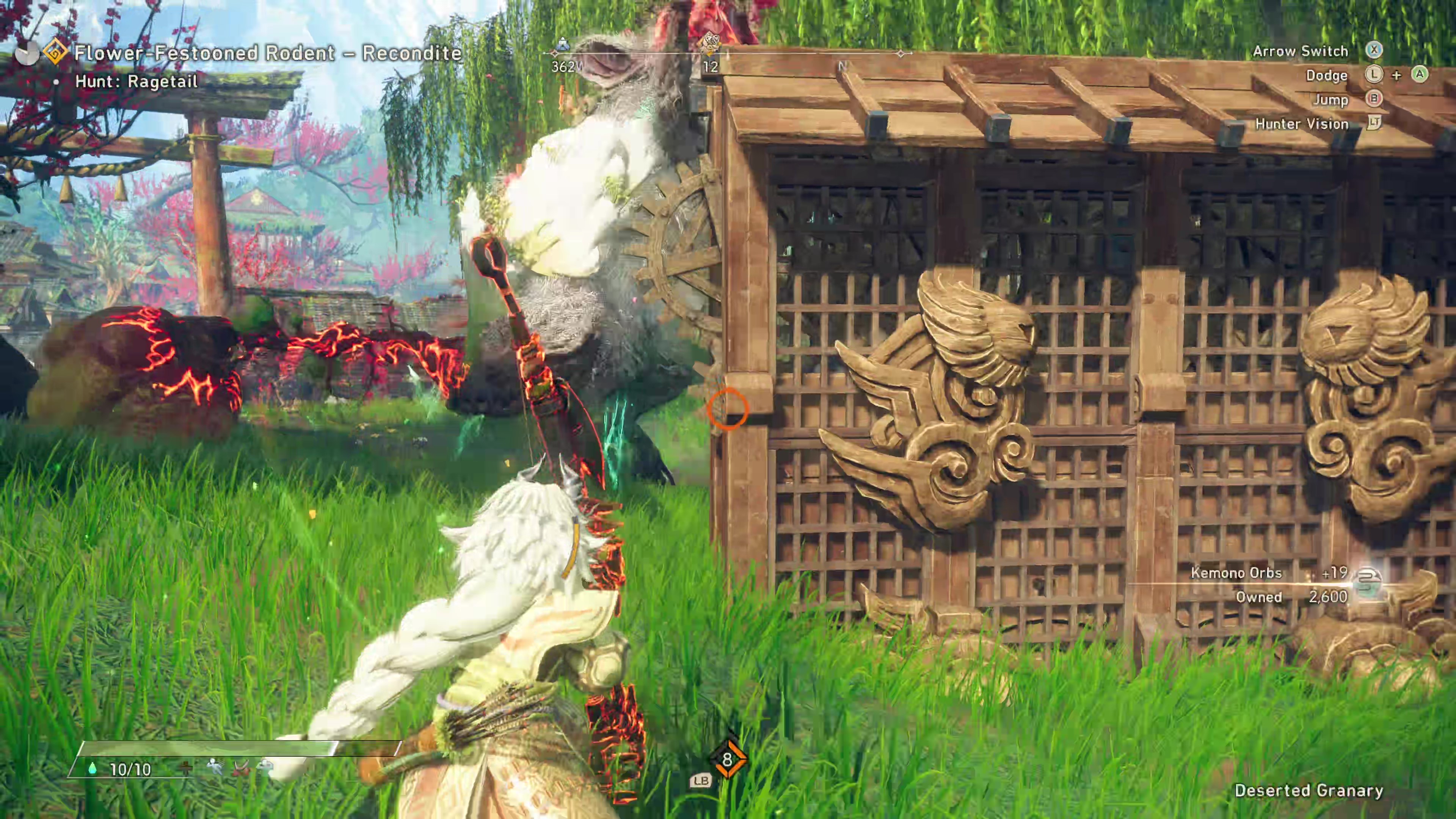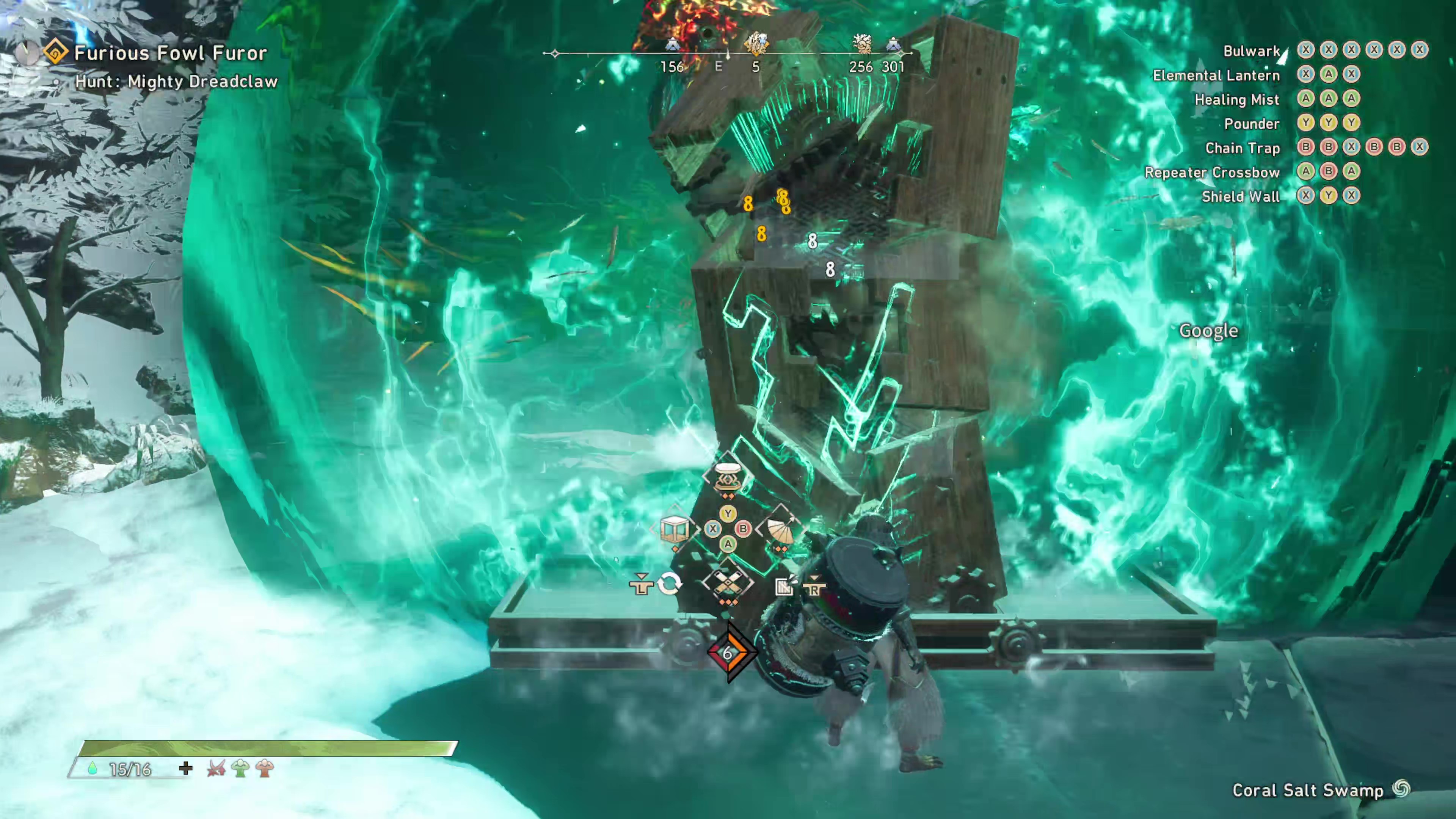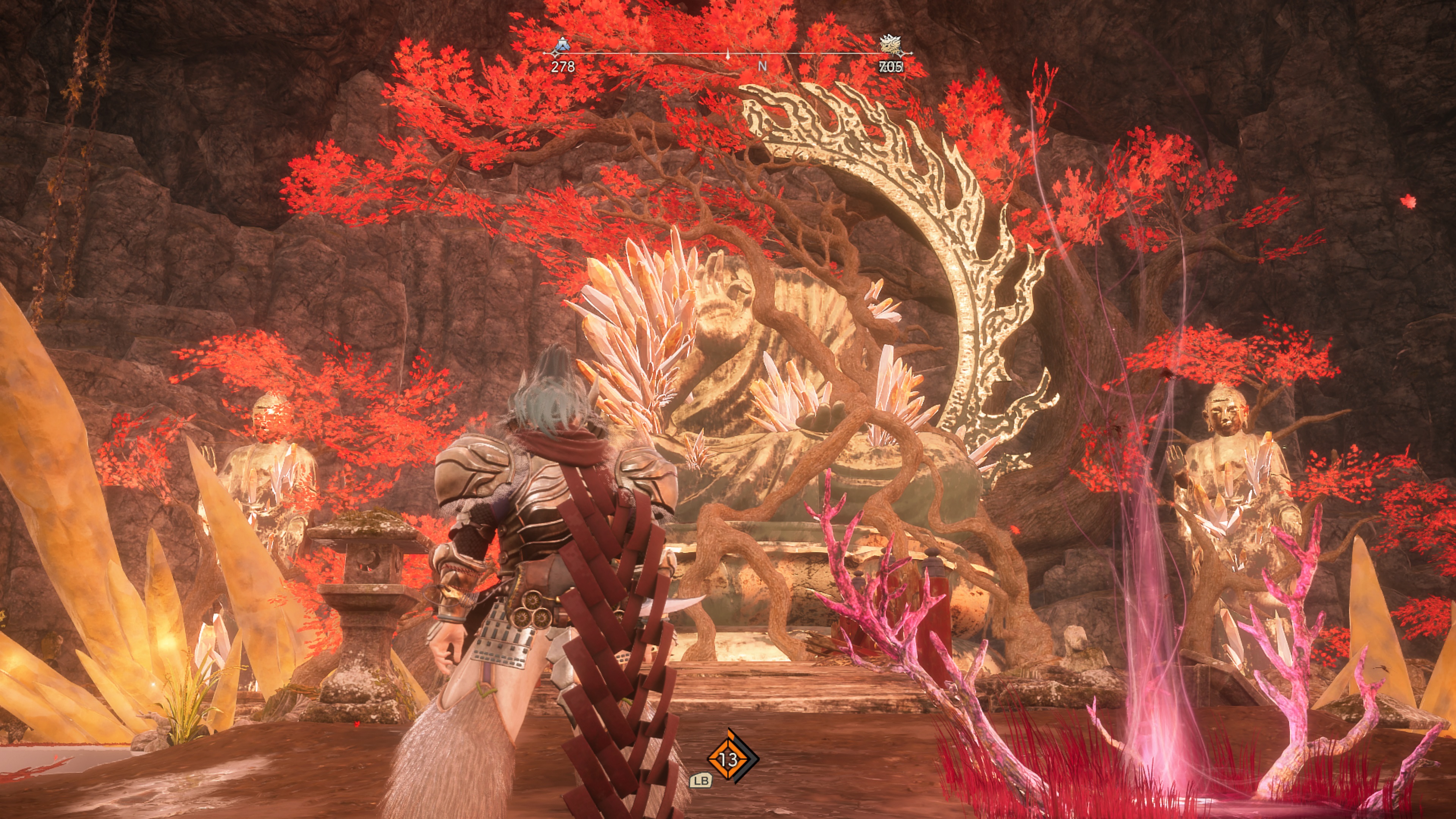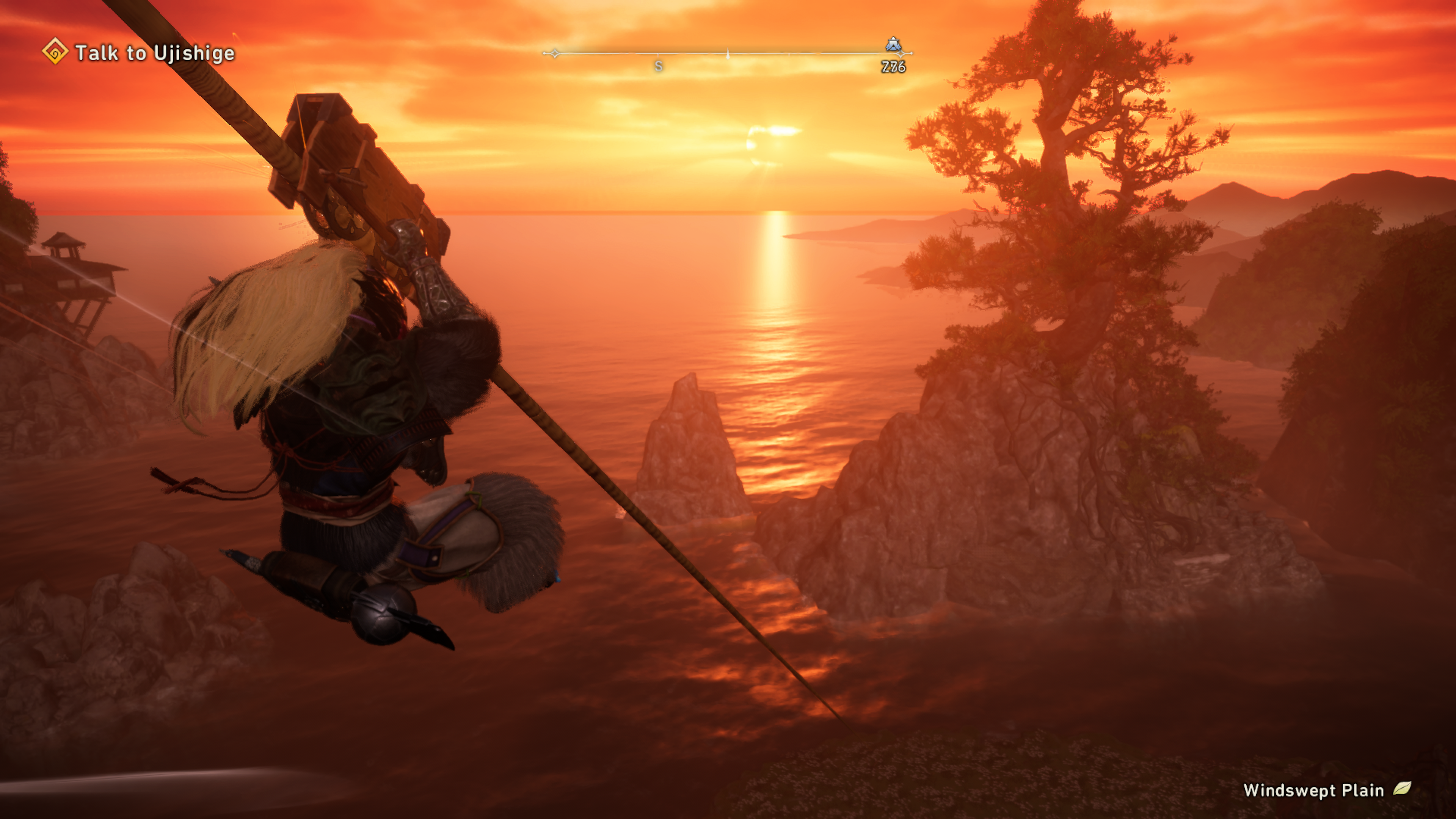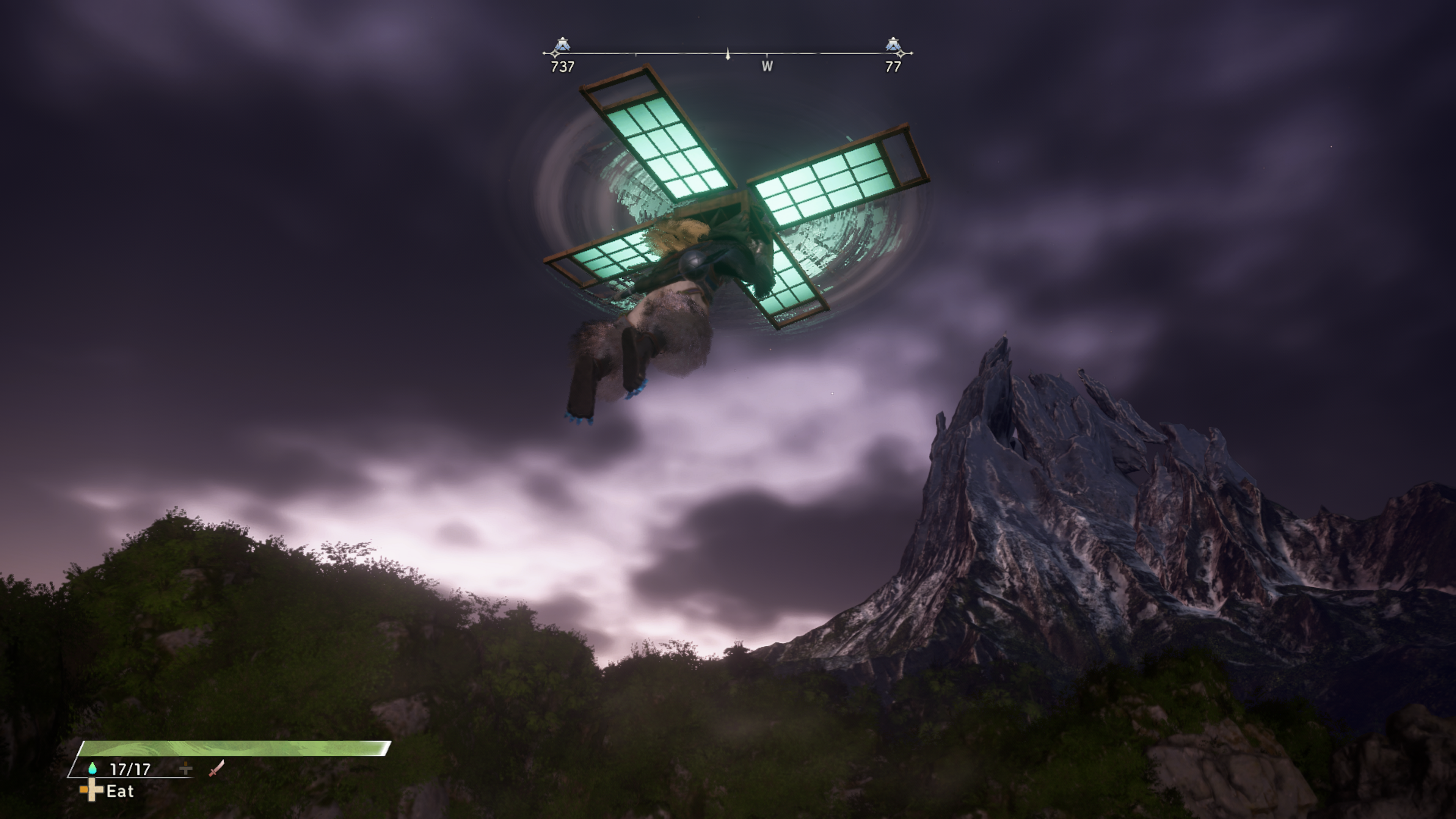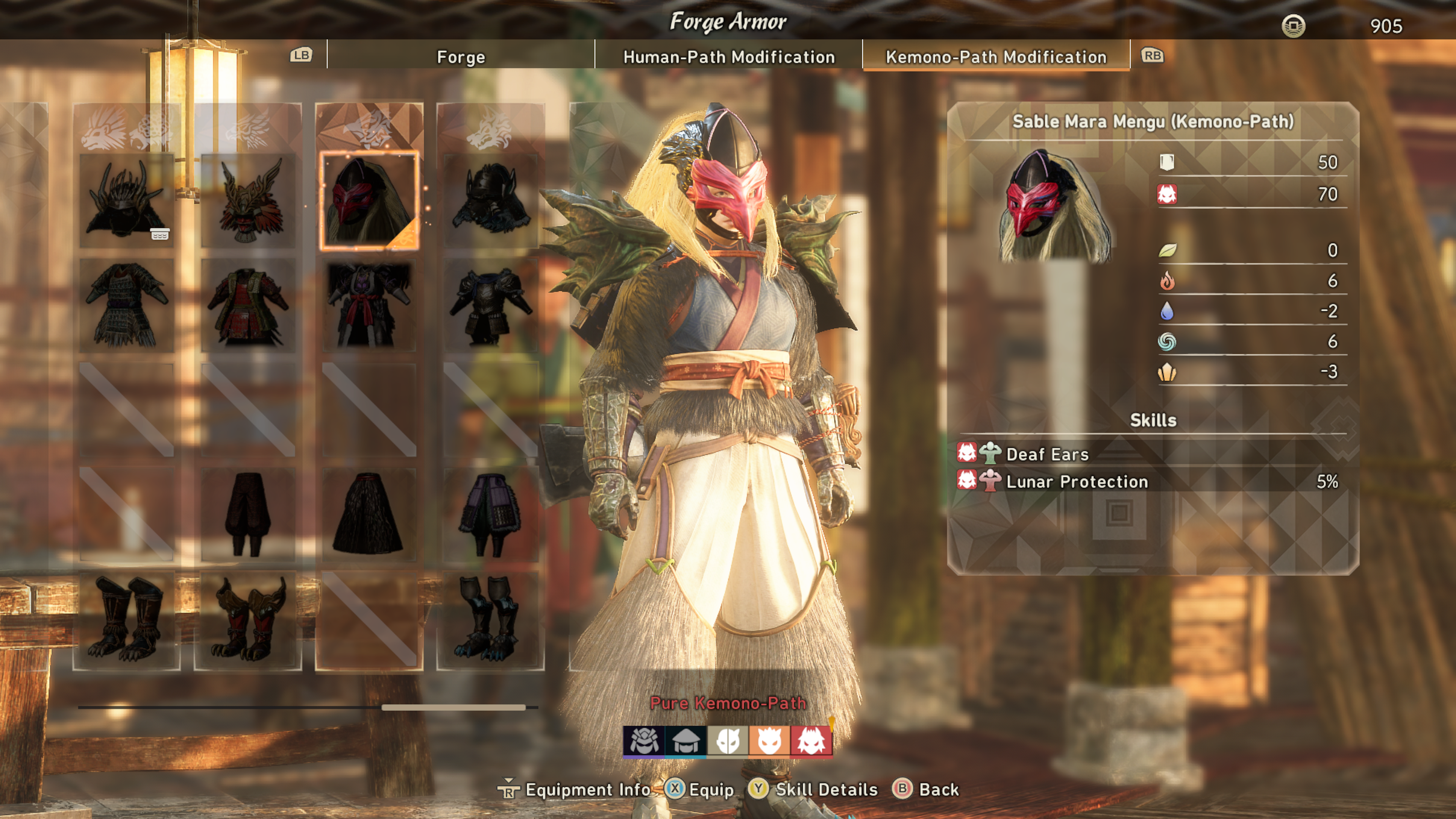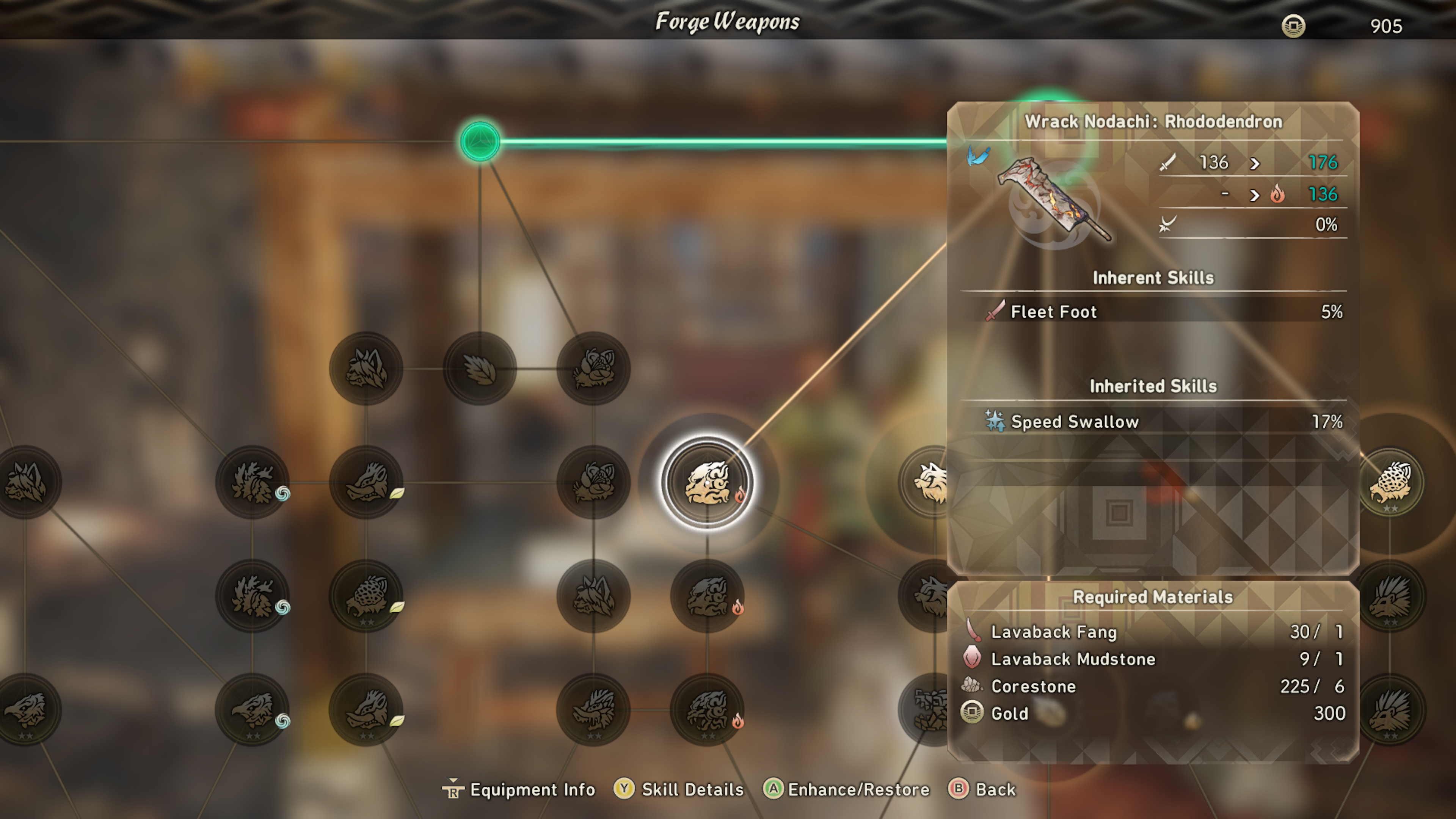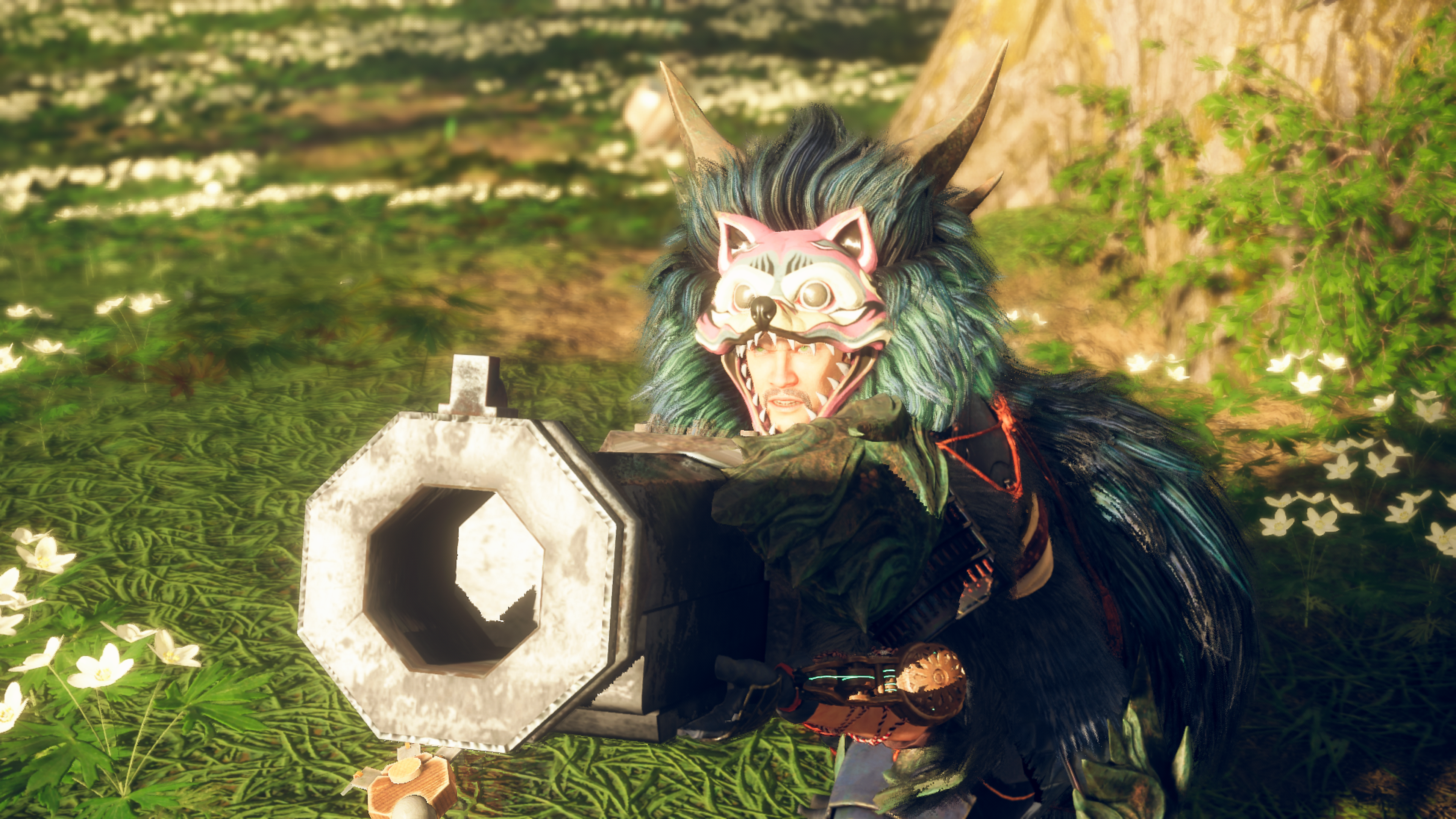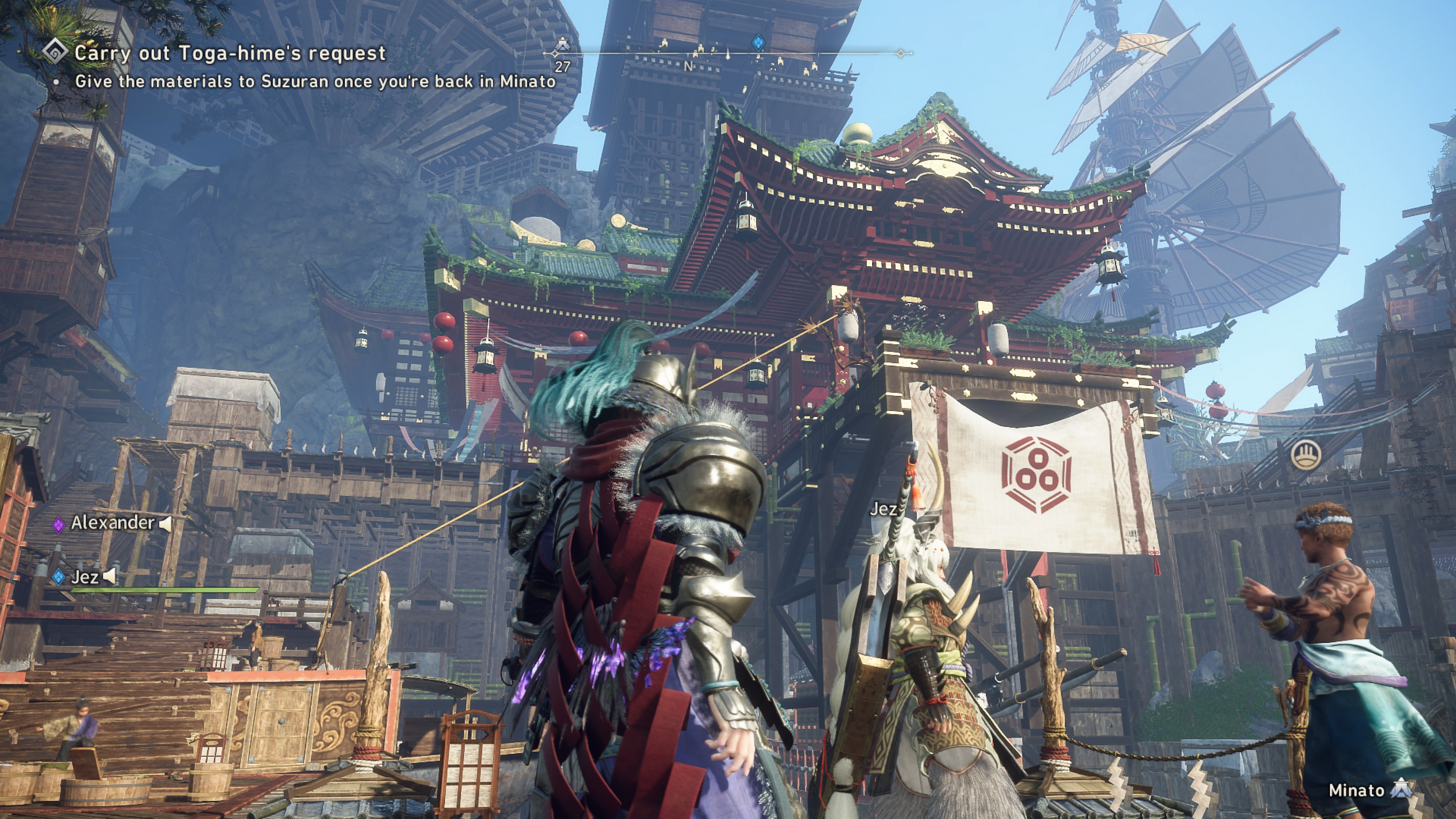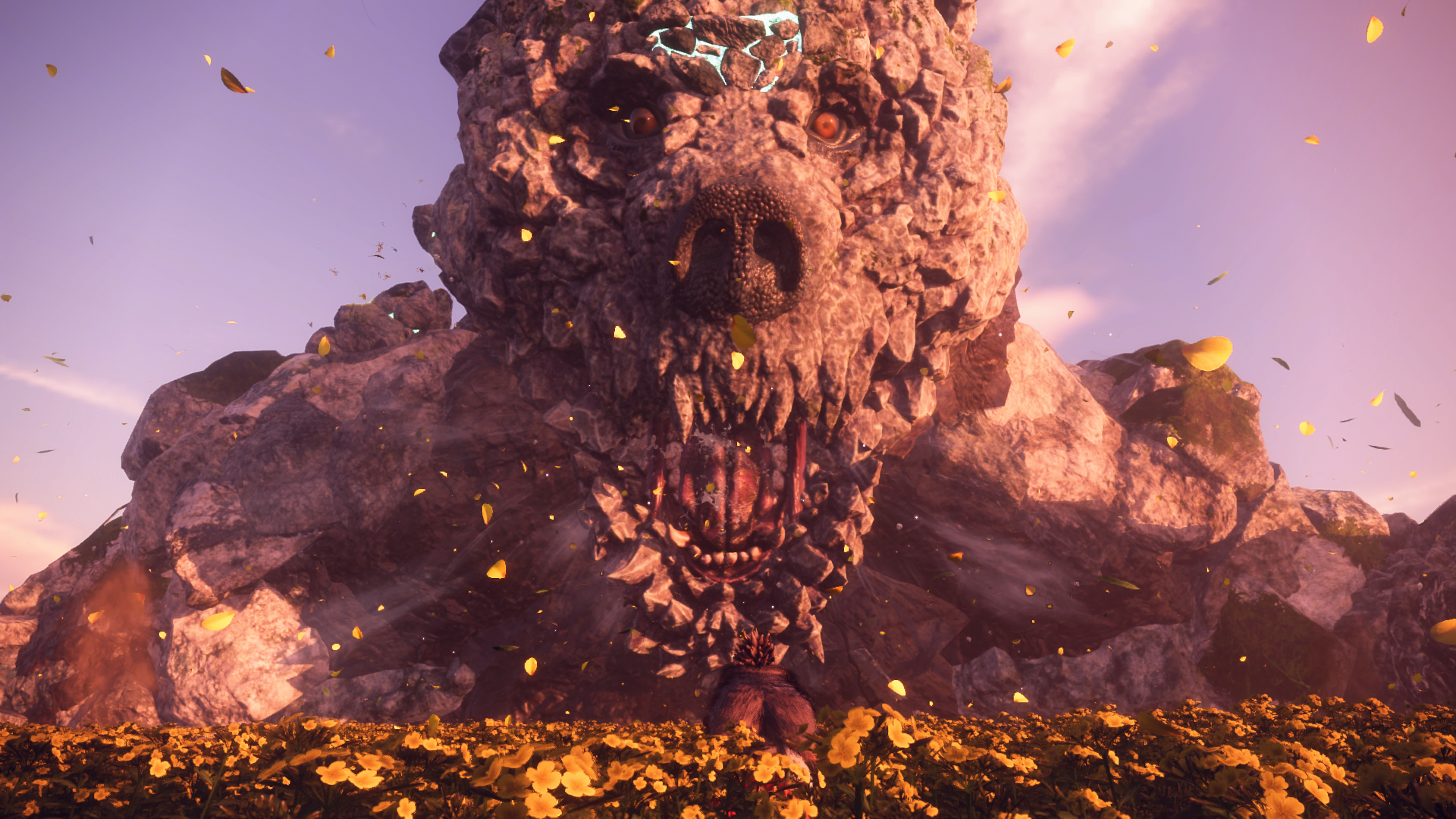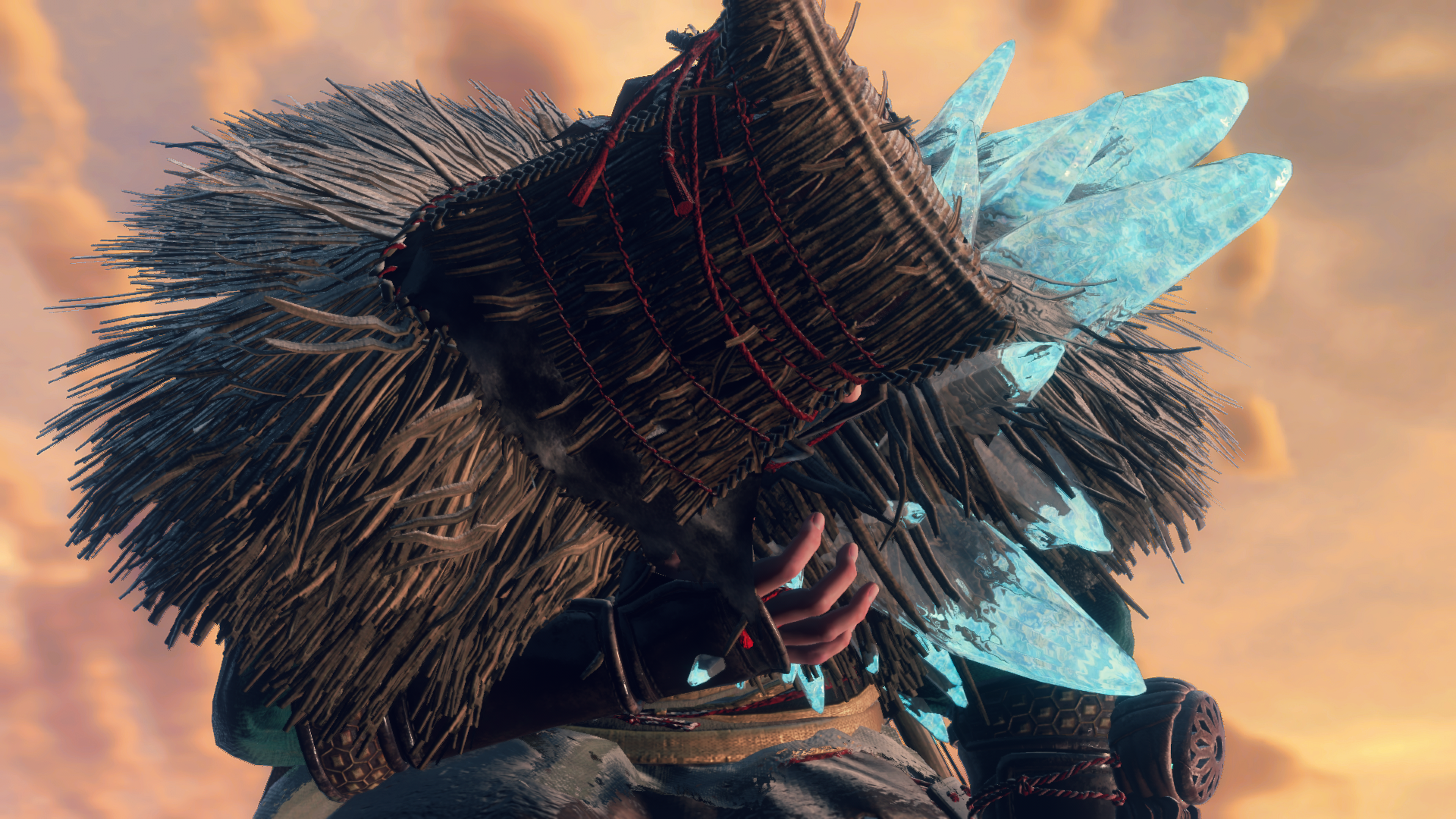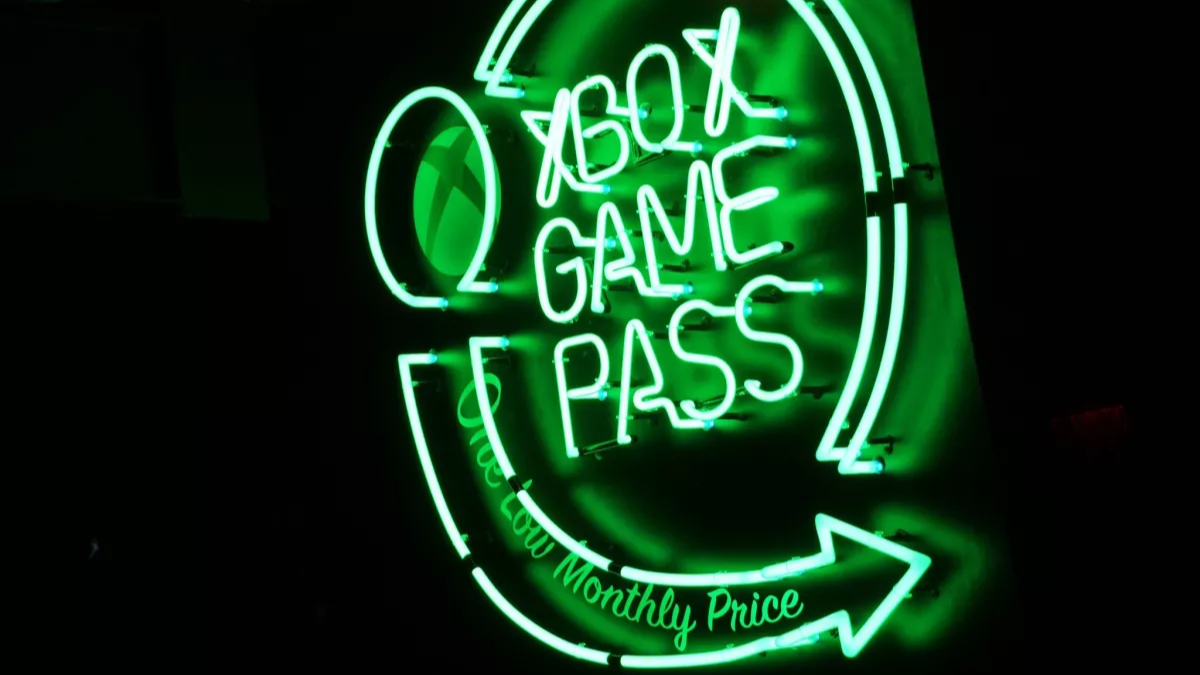Windows Central Verdict
It is a shame that Wild Hearts launched in the state it is in. The gameplay loop of hunting monsters and using their parts to create gear is addictive, the weapons are entertaining to use, the Karakuri system is deep and filled with secrets, and the world of Azuma is beautiful and immersive. Yet the horrendous optimization issues bring down the experience and, in worst cases, render the game unplayable on certain platforms.
Pros
- +
An extensive and engaging combat system
- +
A diverse variety of challenging and cool-looking monsters to hunt
- +
Artistically rich and beautiful environments to explore
- +
A simple yet effective story of “Man vs Nature” that sucks you into Wild Hearts’ world
Cons
- -
Wild Hearts is currently infested with framerate and graphics issues, especially during the second half of the game
- -
The performance on PC and Xbox Series S is left so wanting it makes these versions borderline unplayable
Why you can trust Windows Central
Over the course of several months, I have previewed the highly anticipated action game, Wild Hearts, a collaborative project between EA and Koei Tecmo. It is an unorthodox Monster Hunter-like game where you hunt elemental-based monsters called Kemono using a mixture of over-the-top weaponry and shape-shifting technology called Karakuri.
The game is now finally released to the public and ready for players to begin hunting in its wondrous and violent world. As a fan of the action-hunting subgenre, I thoroughly enjoyed the strange yet wonderful gameplay mechanics and world Wild Hearts has to offer. Unfortunately, it is with a heavy heart that I must inform you that Wild Hearts is currently plagued by terrible framerate and graphical issues which undermine what fun and spectacle there is to be had.
Wild Hearts review: Story
This game is set in the fantasy land of Azuma, a country filled with a plethora of diverse ecosystems and terrifying creatures that rule them called the Kemono. The Kemono are giant monsters of varying sizes that possess the supernatural ability to manipulate and control the environment around them.
Kemono can evoke trees to appear out of nowhere, cause volcanic eruptions and earthquakes, or even summon blizzards to encase entire regions in ice. Recently, the Kemono have become more aggressive than usual and are invading the territories of other Kemono, so they can destroy their habitat and use their powers to terraform them to suit their needs.
| Developers | Koei Tecmo (Omega Force) |
| Publisher | EA |
| Genre | Action-RPG, action-hunting |
| Install size | 72.6GB |
| Players | Single-player, online co-op (up to 3 players) |
| Release date | Feb. 17, 2023 |
| Platforms | Xbox Series X|S, PlayStation 5, Windows PCs (Steam, Epic Games, EA) |
| Playtime | 70 hours |
| Price | $70 |
| Reviewed on | Xbox Series X |
In the middle of these Kemono turf wars, a settlement of humans called Minato is caught in the crossfire. Abandoned by the neighboring kingdoms with no able hunters to aid them, the citizens of Minato live in fear of the Kemono, praying for salvation.
During these trying times is where you come in. You play as a hunter traveling from foreign lands in search of strong Kemono to test your hunting skills against. Armed with your martial arts training and gifted with the power to use ancient technology called Karakuri, it is up to you to save the people of Minato and hunt down the Kemono before they destroy the town and the balance of nature.
The story of Wild Hearts isn’t anything too ground-breaking and the characters are somewhat simplistic. However, the story does a good job of immersing the player in a fantastical, yet somber world where nature has had enough of mankind exploiting it and has decided to destroy all traces of civilization.
All the latest news, reviews, and guides for Windows and Xbox diehards.
What helps convey this immersion is that the locales you visit evolve over time as you progress in the story. For example, in one mission you could be exploring a tropical island and then several missions later, that same island would be completely covered in snow and fire thanks to invading Kemono from another region. I like these details as they help sell why the Kemono are a threat and motivate the player to hunt them for the sake of Minato’s people.
Wild Hearts review: Gameplay and systems
The gameplay structure of Wild Hearts is chapter-based, each containing a set of missions where you are tasked to tackle the Kemono terrorizing the many regions of Azuma. Each mission requires you to explore a large hunting ground to slay a specified Kemono within a time limit and you have a set number of extra lives to work with. If you fail to kill the target within the time limit or lose all extra lives, it's game over and you must start the mission all over again.
To help you dispatch your quarry, you have a wide array of weapons and gadgets at your disposal. Wild Hearts starts you with five unique types of weapons and you unlock three more as you progress through the main campaign. Every weapon type features complex move-sets, gimmicks, and playstyles to learn. While you can stick to using one weapon that piques your interest, Wild Hearts encourages you to experiment with all of them as some weapons are tailor-made to tackle some Kemono better than others.
Weapons like the Nodachi and Maul are slow, lumbering powerhouses that can break through the hardest of hides, while faster weapons like the Claw Blade and Bow, let you move fast to keep up with the faster-moving Kemono and rip them to shreds. There are also a couple of ranged weapons like the Bow and Hand Cannon that can pick off foes from a distance or shoot flying Kemono out of the sky.
Every weapon type also deals differing damage types like "Slash", "Pummel" and "Lunge", along with elemental damage and status ailments to inflict extra pain toward the Kemono. You can check out each Kemono’s stats in the “Cyclopedia” to see which weapon works best against each beast, adding a layer of strategy to the combat.
All of the weapons have been fun to play with and the multifaceted mechanics they offer are nothing short of impressive. What’s even better is that when you upgrade these weapons, you can customize aspects of their move-sets to function differently so they match your preferred playstyle. However, this is only the tip of the iceberg as Wild Hearts features a special tool that takes the combat system to a whole new level of complexity — the Karakuri.
Harnessing the crafty power of Karakuri
The Karakuri is a mysterious form of technology which grants you the ability to construct almost any structure literally from nowhere. For instance, you can build Basic Karakuri, like crates that stack on top of each other which you can use to jump over enemies or as a shield to deflect attacks. Other Karakuri devices include torches that set your weapon on fire, springboards to launch you forward across gaps or away from enemy attacks, ballistae to shoot down airborne Kemono, projectile stakes that launch into a Kemono and transform into platforms you can jump on, and more.
The craziest part of Karakuri is that you can build them whilst in the middle of performing attacks and the weapons even have special moves when interacting with them. For instance, you can build Karakuri crates immediately after swinging your weapon to protect yourself from an incoming attack, then run up those crates and jump off them to perform a devastating aerial attack while the Kemono are reeling from hitting the crates.
However, building Karakuri requires you to gather a resource called the Celestial Thread. These can be found by mining rocks or cutting trees in the open-world maps, generated automatically by attacking Kemono or using a mechanic called the “Hunter’s Arm”. When you deal enough damage to a Kemono, a glowing green spot will appear on its body which you can jump onto and then plunge your hand into it to steal its Celestial Thread.
The Karakuri system's combat implementation is really well done as it incentivizes a lot of creative thinking during battle. A good chunk of my playtime was spent experimenting and figuring out which Karakuri/weapon pairing worked best, leading to awesome moments where I completely dominated monsters that initially gave me a hard time as a reward for my improvisation. It took a long time for me to get used to, but once I got to grips with it and started mixing the Karakuri-building in attack combos frequently, I was having the time of my life.
Exploring a world gone wild
Karakuri isn’t just used for combat though, you can use passive types of Karakuri called Dragon Karakuri, which are designed to help you trek through Azuma’s ravaged ecosystems and track down the Kemono. You can conjure up Dragon Karakuri by generating resources via unblocking special “Dragon Pits” dotted throughout each locale.
You can build base camps that act as fast-travel points, campfires to set up multiplayer sessions, cooking appliances to help prepare and combine food ingredients, forges to change your equipment loadout mid-hunt, radar towers to locate a Kemono’s position on the map, zip lines and airlifts to help you scale cliffs and much more. You can also use Basic Karakuri in conjunction with Dragon Karakuri such as the air glider Karakuri while being hoisted by the airlift Dragon Karakuri to fly over mountains.
Much like the combat-focused Basic Karakari, Wild Hearts rewards the player for experimenting with Dragon Karakuri. One trick I like using is creating base camps along areas that a Kemono likes to visit. So, if a Kemono decides to flee in the middle of a battle, I can immediately fast-travel to where it’s going on the map and continue the fight instantly, preserving time off the time limit.
Effective use of exploration-based Dragon Karakuri can also help you find Tsukumo — little cute robots which aid you in a hunt while you are playing the game solo. Finding Tsukumo on each map will give you bolts to upgrade your main Tsukumo’s abilities at campfires, like providing you with a steady supply of Celestial Thread or boosting your maximum Celestial Thread capacity.
Traveling the lands of Azuma is just as enjoyable as hunting monsters. I truly feel like a hunter, surviving in the wilderness and utilizing resources from the land to track my prey. Also, the lands you traverse are a sight to behold, as each region is filled to the brim with artistically beautiful vistas and ruins of human enclaves destroyed by the Kemono.
Preparing your gear at Minato
After completing a mission, you can choose to return to a base camp to freely explore a map or return to Minato. Here you can converse with the locals to receive information about their world, take up side missions to earn extra money, unwind in the hot springs, and visit the blacksmith to use the body parts of the Kemono you have felled to create better gear so you can hunt bigger Kemono.
When you forge armor, you can create a base version of an armor set and then alter pieces of it using special materials to make “Kemono” or “Human” variations. Depending on how many “Human” or “Kemono” modified armor pieces you wear, you can activate powerful armor skills which can give you an edge over the stronger Kemono found in the latter parts of the game.
Creating weapons on the other hand is far more complicated as you can upgrade them down a non-linear weapon tree to customize their properties. Each time you upgrade, you can have that weapon inherit passive skills which either increase its damage output, give you defensive abilities, or alter how its mechanics work as mentioned earlier.
Planning the route of your weapon’s upgrade path and deciding whether to equip “Kemono” or ”Human” armor sets to enhance your playstyle is addictive and rewarding. Adding inventive flair to the well-trodden, action-hunting gameplay loop of killing monsters, then using their body parts to craft cool gear to show off your friends.
Wild Hearts review: Presentation, performance, and bugs
Unfortunately, as fun as the gameplay, exploration, and character customization is in Wild Hearts, it is ultimately let down by numerous technical shortcomings. Playing the game while setting the graphics to "Prioritize Performance" on Xbox Series X, I encountered a metric ton of framerate drops and slowdowns across many hunts. Wild Hearts had an intrusive but manageable framerate between 30-60fps in the first half of the game, but when I arrived at the second half, there were moments when the game became downright unplayable.
When I was walking around in Minato during Chapter 4 with close to a dozen or more NPCs on-screen, or when I was walking around large bodies of water like rivers and lakes, the game slows down to a crawl. All of my controller inputs became non-existent and a couple of boss fights at certain points played out entirely in slow-motion. Setting the game's graphics settings to "Prioritize Resolution" seems to alleviate some of the framerate drops, though you have to sacrifice the 60fps framerate to do so and settle for a shaky but mostly stable 30fps framerate.
Speaking of resolution, Wild Hearts' resolution is just as lacking as the framerate. The game looks like it's running at 720p instead of 1080p, making the visuals look muddier than they should, regardless of whether you set the game to prioritize performance or resolution.
There have also been reports that the Xbox Series S version’s performance was twice as bad as the framerate is unable to go any higher than 30fps in Performance Mode. Other Xbox Series S issues include players clipping through environments, armor, and monsters, along with textures failing to load properly, especially during nighttime missions with weather effects.
Reports from other review sites like Skill-Up and RPGsite.net also confirm that the PC version features the aforementioned optimization issues as well as screen-tearing and graphical corruptions.
Fortunately, there is some good news as EA and Koei Tecmo are aware of these problems and are working on patches to fix the technical hiccups as soon as possible. When these patches arrive and if they manage to fix the issues, we will update this section of the review to reflect the game's hopefully improved performance accordingly.
Wild Hearts review — Final thoughts
I have never felt so much disappointment and conflict over a game before, because I feel Wild Hearts could’ve been one of the best Xbox games of 2023 and a credible rival to Capcom’s Monster Hunter franchise. The combat and exploration system has mountains of depth and complexity, the Karakuri system is an exciting gameplay mechanic that rewards players for thinking outside the box, the world of Azuma is a fascinating place to trek through, and the Kemono are enjoyable foes to conquer.
The cherry on top is an intuitive, online-multiplayer system with cross-play support where Xbox, PlayStation 5, and PC players can band together in three-player co-op hunts. This is when Wild Hearts is at its finest. I have experienced chaotic and awe-inspiring fights where every player uses their skills and knowledge of Karakuri to full effect as they beat down the Kemono.
Unfortunately, in its current state, the graphical and framerate issues are just too big to ignore. I wish I didn’t have to come to this conclusion because I really love this title. Wild Hearts deserves support for all the hard work and clever ideas that the developers have put into it. But for now, I highly recommend waiting for the post-launch patches which will hopefully fix these issues once and for all before joining the hunt.
Wild Hearts
Wild Hearts has the capacity to be an exciting Monster Hunter-like adventure filled with innovative and creative gameplay mechanics. However, it is presently marred by severe framerate issues and graphical hiccups which can render the game unplayable on most platforms.
Buy from: Xbox (Standard) | Xbox (Karakuri) | Amazon

Alexander Cope is a gaming veteran of 30-plus years, primarily covering PC and Xbox games here on Windows Central. Gaming since the 8-bit era, Alexander's expertise revolves around gaming guides and news, with a particular focus on Japanese titles from the likes of Elden Ring to Final Fantasy. Alexander is always on deck to help our readers conquer the industry's most difficult games — when he can pry himself away from Monster Hunter that is!
